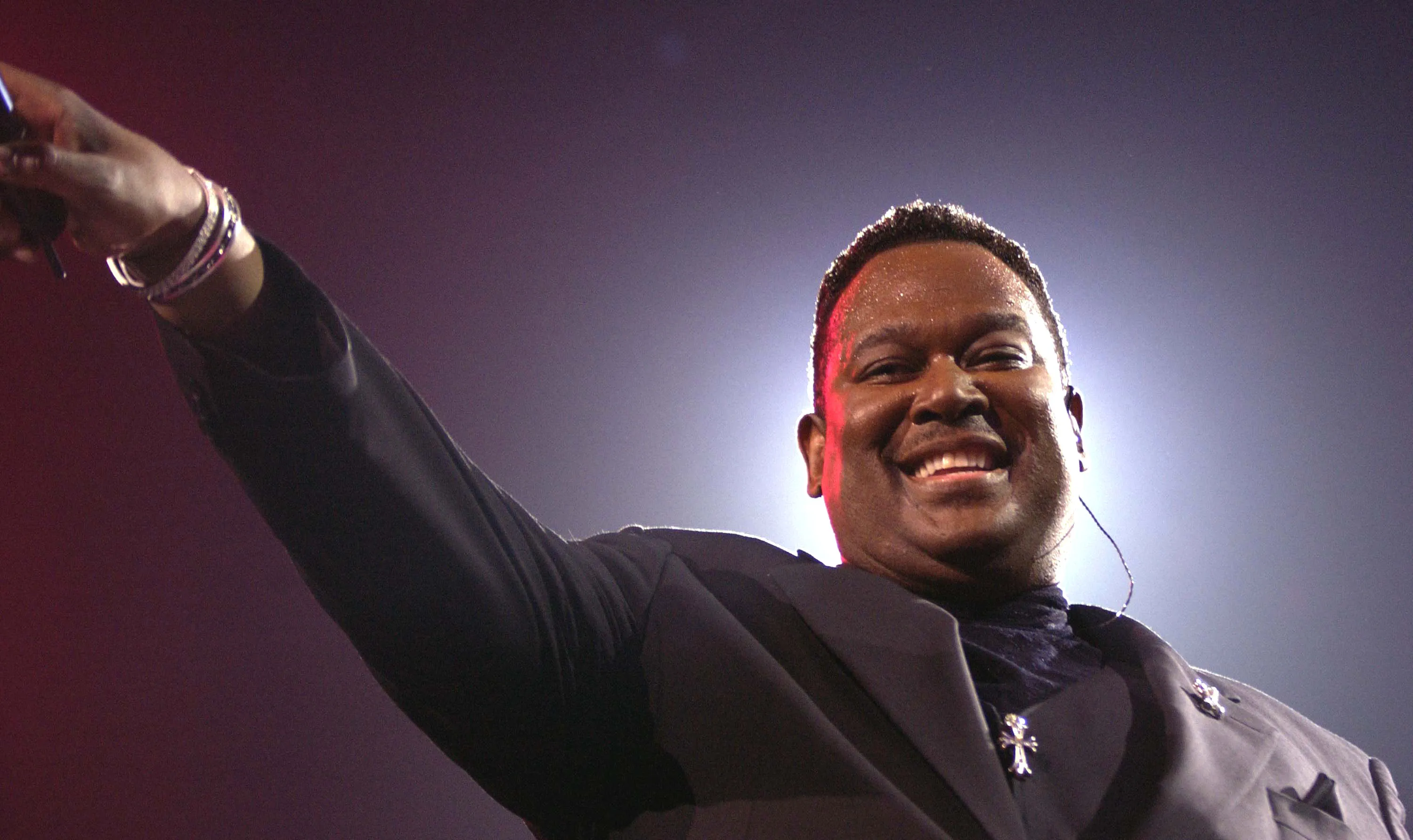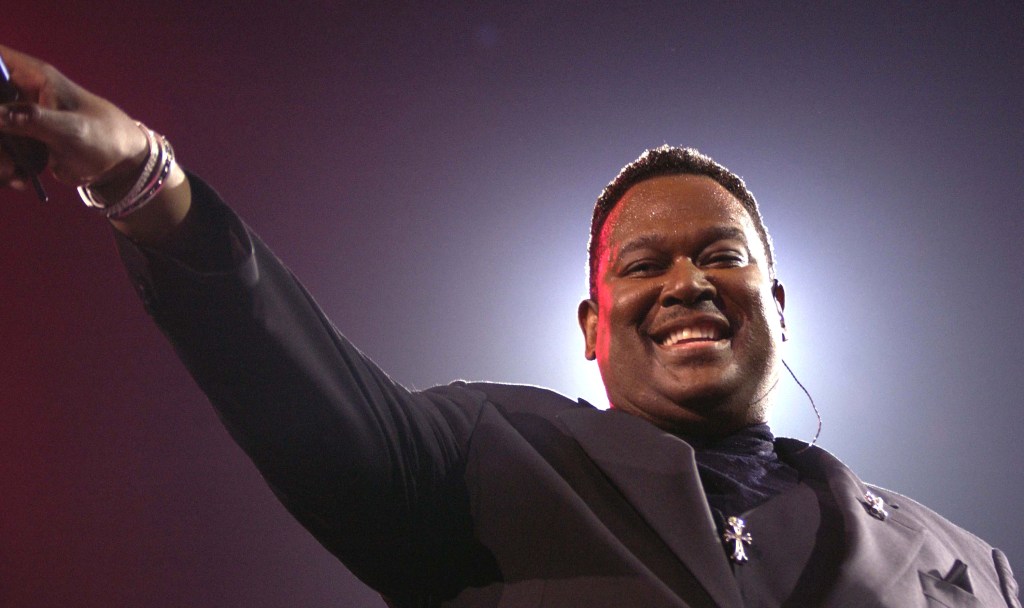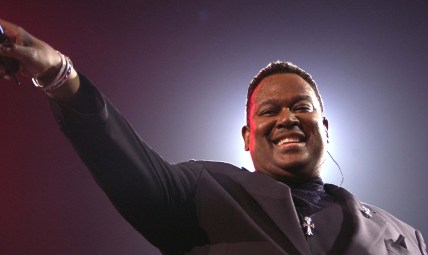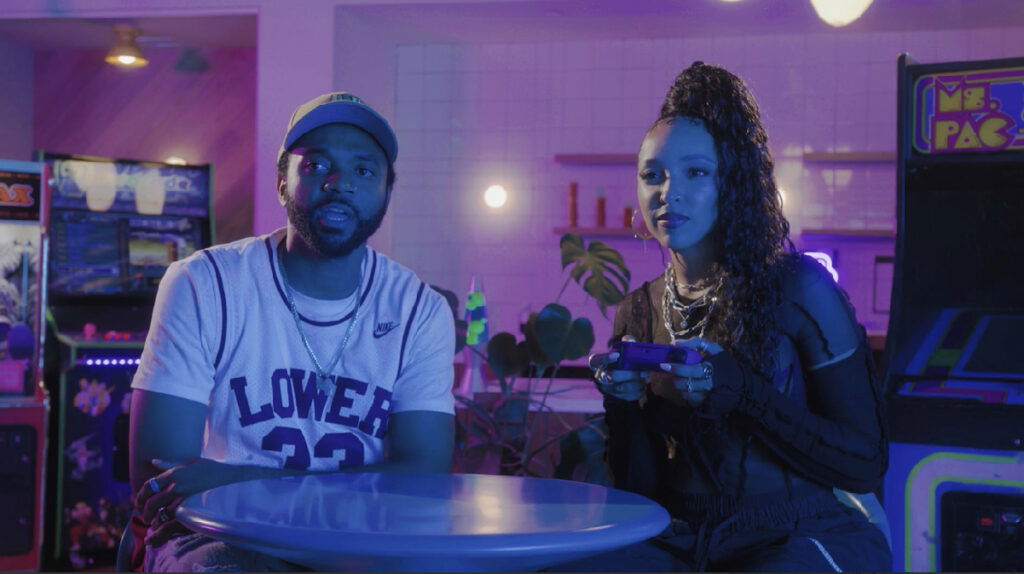5 things we learned from ‘Luther: Never Too Much’
Dawn Porter’s documentary on the Grammy Award-winning singer premiered this year at Sundance Film Festival. Luther Vandross remains known as […] The post 5 things we learned from ‘Luther: Never Too Much’ appeared first on TheGrio.

Dawn Porter’s documentary on the Grammy Award-winning singer premiered this year at Sundance Film Festival.
Luther Vandross remains known as one of the greatest singers of all time by scholars and fans alike, with hits like “Never Too Much” and “Here and Now” regarded as bonafide classics. Dawn Porter’s latest documentary, “Luther: Never Too Much,” looks at the incomparable artistry of Vandross, from his beginnings as a vocal arranger and backup singer to his heights of winning Grammy awards and performing with his inspirations like Dionne Warwick.
TheGrio got a chance to attend the premiere of the documentary, and we’re breaking down five things we learned after watching the film.

A student of the Supremes
The documentary begins with archival footage of Vandross rehearsing for one of his tours, before taking us back to his childhood, where all of his inspirations are revealed. When he would get home from school, Vandross would sit in front of the television for hours, watching many of the greatest Motown acts, specifically the Supremes.
Enchanted by Diana Ross, Florence Ballard, and Mary Wilson, Vandross would have his friends over to watch the popular girl group, they recall. Analyzing the group’s vocal stylings, choreography and even their fashion, it is clear from the film and Vandross’ own eventual style that these ladies left a lasting impact on his artistry.
David Bowie’s muse
When coming up in the music industry as a background singer, Vandross met David Bowie during a studio session, and the rest truly was history. Taken with Vandross’ killer pipes, the rock star requested him to sing on his “Young Americans” album, leading to credits on the album as singer and writer on songs like “Fascination.”
“What a breath of fresh air. He had such a fantastic voice that I asked him if he wanted to join in the session and start doing the backing vocals,” Bowie says in an interview in the doc, per People.
Roberta Flack, Bette Midler and jingles
Vandross continued to rise as a backup singer, working for some of the biggest acts in music at the time. Touring with the likes of Roberta Flack and Bette Midler, Vandross honed his skills not only as a songwriter and singer but as a performer as well, as acts such as Midler often contain campy, larger-than-life aspects that Vandross would go on to incorporate into his own shows.
Vandross also worked writing jingles for various commercials. Penning catchy hooks for NBC, KFC, Juicy Fruit and more, his money made from the jingles as well as his work as a background singer afforded him studio time, paving the way for his eventual massive solo career.
Recommended Stories
Crossover frustrations
While Vandross would go on to have quite the career with multiple number 1s and critical success, he remained frustrated with his record label as, compared to other contemporaries of his, he had a hard time crossing over to the pop charts.
His frequent collaborator Richard Marx reveals in the documentary that the singer felt he was being treated in a racist way by the music executives. In an interview clip shown in the film, Vandross shares his frustrations, saying, “There is nothing wrong with adding new fans. When you pigeonhole an artist and make them an R&B singer, you are in a certain way doing them a disservice. The point is that I want to add new listeners and reach as many and as varied a group of people — that’s been something we’ve been working on forever.”
His loneliness
A major aspect saved for the end of the project is Vandross’ personal life, which was questioned for much of his life and after. While fans looking for any concrete declarations regarding his sexuality should not hold their breath, the film does paint his life as one of loneliness.
While surrounded by dear friends and family, Vandross never seemed to have found a romantic partner. As his close friends say in the film, just look to the lyrics of his hit song “Any Love” to understand the late singer and how he viewed love throughout his life: “What a world for the lonely guy / Sometimes I feel I’m gonna lose my mind / Can anybody tell me just where to find / Any love, any love?”
Never miss a beat: Get our daily stories straight to your inbox with theGrio’s newsletter.
The post 5 things we learned from ‘Luther: Never Too Much’ appeared first on TheGrio.




















